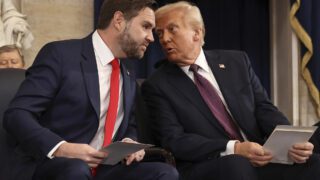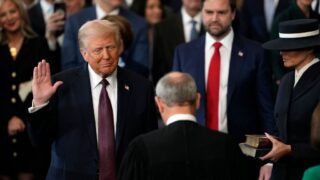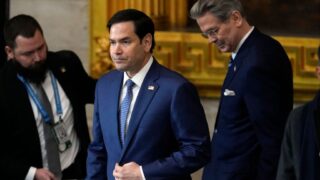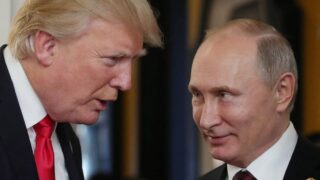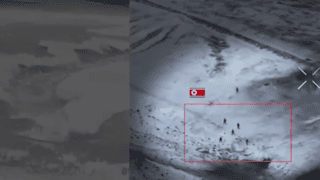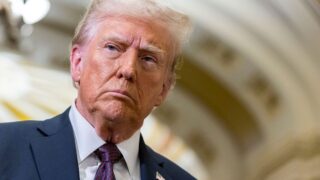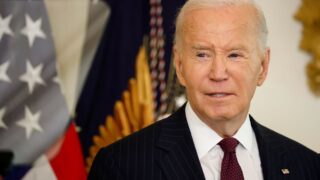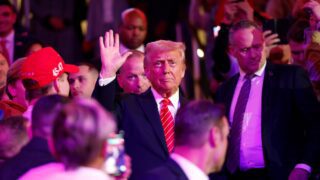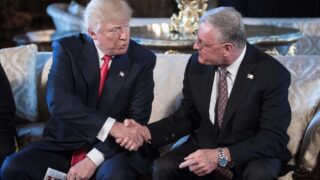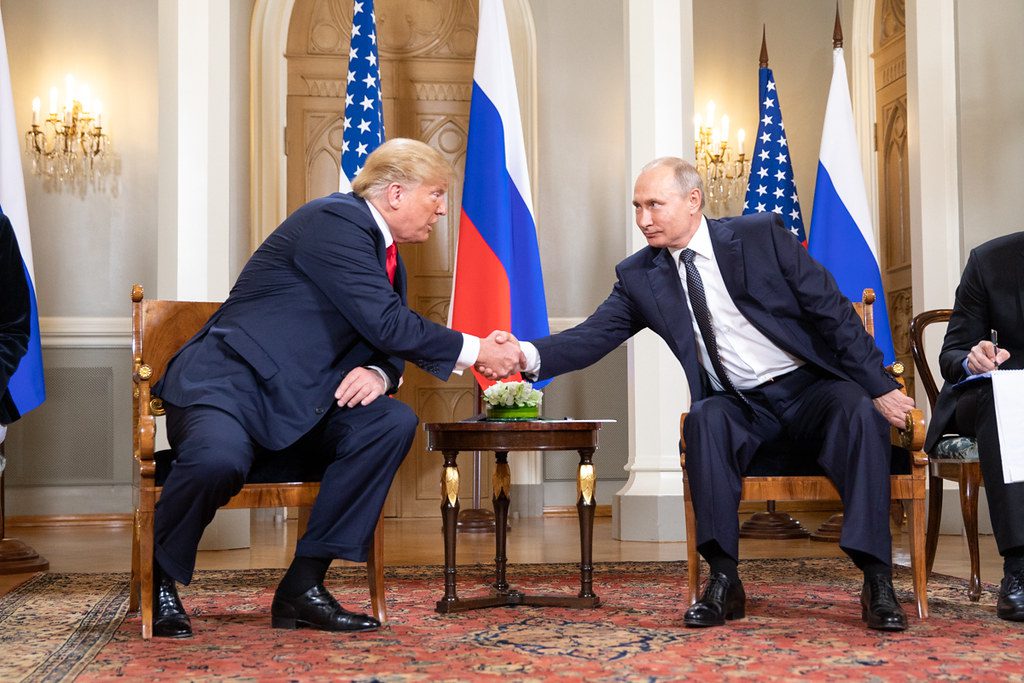
CNN: Trump team plans to condition US aid on Ukraine’s peace talks with Russia
On 27 November, CNN reported that President-elect Donald Trump’s transition team is actively reviewing multiple proposals to resolve the ongoing Russia-Ukraine war, with a potential focus on achieving an early ceasefire.
Any peace talks leading to freezing the ongoing Russian invasion would disadvantage Ukraine, allowing Russia to solidify control over occupied territories. Forcing Ukraine into such negotiations ultimately serves Russia’s interests.
Mike Waltz, Trump’s soon-to-be national security adviser, has been examining several strategic approaches, including a proposal from Gen. Keith Kellogg, recently named as special envoy to Ukraine and Russia. Kellogg’s plan suggests conditioning US military aid to Ukraine on participation in peace talks and establishing a formal US policy seeking a negotiated settlement.
According to sources familiar with the discussions, Trump administration officials are likely to push for a temporary ceasefire that would freeze the current war while facilitating negotiations, CNN says. They also aim to encourage European allies and NATO to assume more of the financial burden supporting Ukraine.
Trump has repeatedly claimed that the Russia-Ukraine war would not have occurred during his presidency. In previous statements, he asserted he could settle the conflict quickly, even suggesting in September that Ukraine should have “given up a little bit” to Moscow.
Another proposal under consideration, endorsed by former US ambassador to Germany Ric Grenell, involves creating “autonomous regions” within Ukraine, which echoes the previously failed “Minsk agreements.” Additionally, some discussions have explored allowing Russia to retain currently occupied territories in exchange for potential future NATO membership for Ukraine.
Sebastian Gorka, named as one of Waltz’s deputies, indicated a potentially aggressive negotiation approach. He suggested Trump might tell Russian President Vladimir Putin that existing US military aid would “look like peanuts” compared to potential increased support, effectively pressuring Russia to negotiate.
Related:




